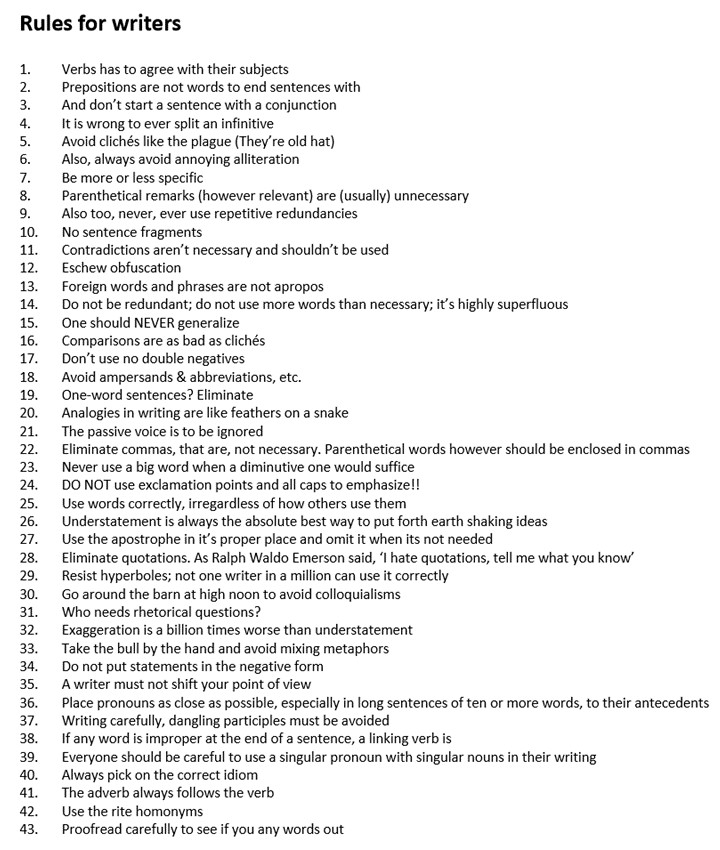Somehow, I heard about this idea that Ulysses would be high up in the ranks of books that are either considered unreadable or no-one ever finishes reading it. Why …?
Digging a bit, I found big U high up in various lists indeed, e.g.:
In 2014, University of Wisconsin-Madison Professor Jordan Ellenberg invented the so-called “Hawking Index,” which uses Amazon e-book highlights data as a proxy for where people stop reading the books they’ve purchased. Some people use the highlight function on the devices and apps, and the unscientific-but-workable “Hawking Index” uses the assumption that if the most-highlighted passages are clustered at the beginning of the book, the book is more likely to have been abandoned. (The name refers to Stephen Hawking’s A Brief History of Time, which is ranked up with Ulysses for the dubious title of “most unread book of all time.”) On the other side, books with popular passages marked all the way to the end mean lots of people made it through the entire story.
So on this Bloomsday where does Ulysses truly stack up? Here’s a list of famous books and their scores on the Hawking Index, ranked from most-likely abandoned to most likely-finished.
Book Author HI Score Comment [ed.] Ulysses James Joyce 1.7% [There it is though I can’t see why] Les Miserables Victor Hugo 1.8% [Yes, possibly here when Hugo’s characters are like Anne Hathaway] Capital in the Twenty-First Century Thomas Piketty 2.4% [Come on now, this book’s not even hard!] Hard Choices Hillary Clinton 4.2% [Understandable; proably no-one has taken the time to try to finish it] A Brief History of Time Stephen Hawking 6.6% [This simply is not difficult] Thinking Fast and Slow Daniel Kahneman 6.8% [And this one’s easy for sure!] Lean In Sheryl Sandberg 12.3% [DR; but did read that other one – Option B thank you – and that one’s easy] Infinite Jest David Foster Wallace 15.0% [Obscure] Moby Dick Herman Melville 19.2% [Strange] Art of the Deal Donald Trump 19.4% [Totally understandable on this list] The Great Gatsby F. Scott Fitzgerald 28.3% [Huh? Surely you’re joking, mr. Feynman! This is a page-turner!] Portrait of the Artist as a Young Man James Joyce 29.6% [Joyce again. But not Finnegan’s Wake that also is doable of sorts?] So, as you can see, if you abandoned Ulysses, you’re hardly alone. Likewise, if you didn’t quite make it through A Brief History of Time, which you maybe thought was brief and readable since it is just over 250 pages, let that weight off your shoulders.
There. But why isn’t Finnegan’s Wake on the list – it may be popular to call that Difficult but hey, we call that merely a challenge, right? It’s doable I can tell you!
And, same, for The Man Without Qualities, where I must say I’m into the third volume but still don’t see why it would be such a difficult read or hard-to-finisher as many have it. Is it because people lack stamina ..!?
Oh well. What’s on your Unfinishable list ..? [Mine’s blank…; ed.] And:

[I have no clue why this particular pic is here; Porta Nigra Trier]















